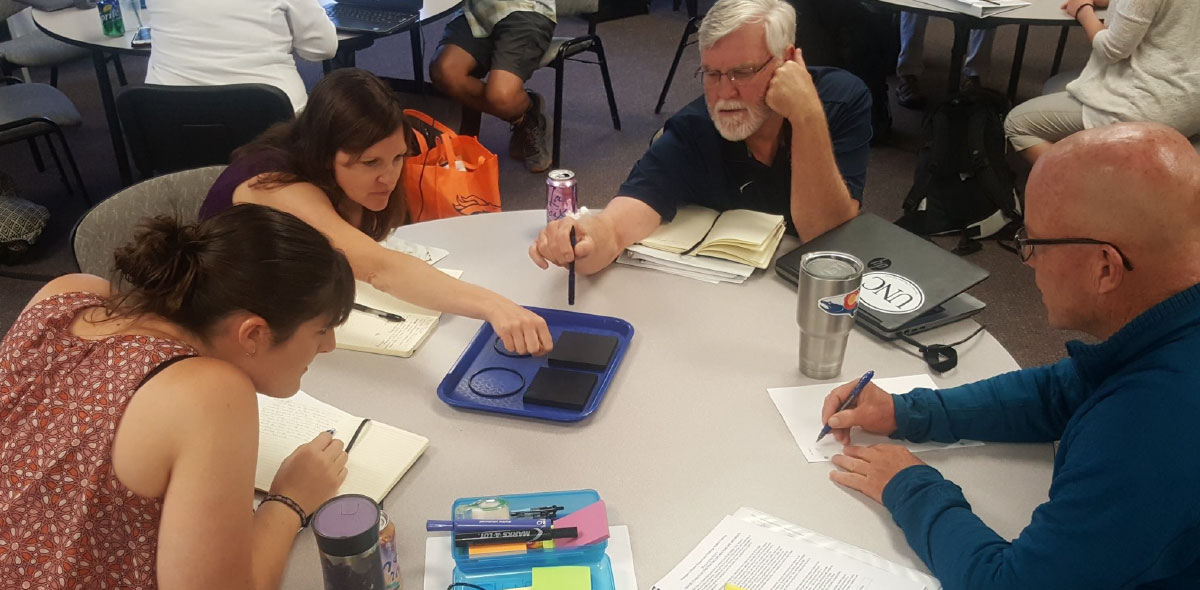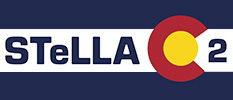
Elevating science teaching and student achievement in science
At BSCS Science Learning, we believe science teachers are more important than ever. And it’s never too early to prepare them for their rewarding, but challenging careers.
At BSCS Science Learning, we work with hundreds of amazing science teachers every year who strive to be more effective and confident in their classrooms. These teachers realize their approach to science instruction has the power to prepare students for much more than a state assessment – it has the power to completely change how students learn and use science throughout their lives.
We believe science teachers are more important than ever. And it’s never too early to prepare them for their rewarding, but challenging careers. BSCS is recognized nationally for our STeLLA® professional learning program—which is shown to dramatically improve science teaching and student achievement in science.
In 2017, BSCS was awarded a grant from the National Science Foundation (NSF grant #1725389) to study how university faculty and mentor teachers work together to enhance the existing preservice teacher (PST) programs at their respective universities. University faculty from the education and science departments along with secondary mentor teachers in the surrounding area formed a cross-stakeholder team to begin this work. The work began as each stakeholder learned STeLLA as they engaged in professional learning experiences that introduced them to the STeLLA Strategies through analyzing classroom video. The university faculty sat alongside middle school and high school classroom teachers to examine strategies and phenomena being used as classroom teachers taught science lessons. Together they analyzed the video for the strategies and for the student thinking revealed and supported as well as the coherence of the science content storyline of the lesson. At BSCS, working with this cross-stakeholder group was unique to the STeLLA CO2 project.
Also unique for this STeLLA project was the autonomy given each university team to take STeLLA and incorporate it into their respective programs in ways they thought would best enhance their existing secondary-level PST preparation program. After the teams experienced STeLLA, they made decisions about what part or parts of STeLLA they would incorporate and in what courses it would occur.
You will find the stories of these universities here as they came together in teams to design, implement, and sustain a plan to help create a more coherent experience for students going through their PST program. Check back often as we continue to analyze our data and add more to the research section.

